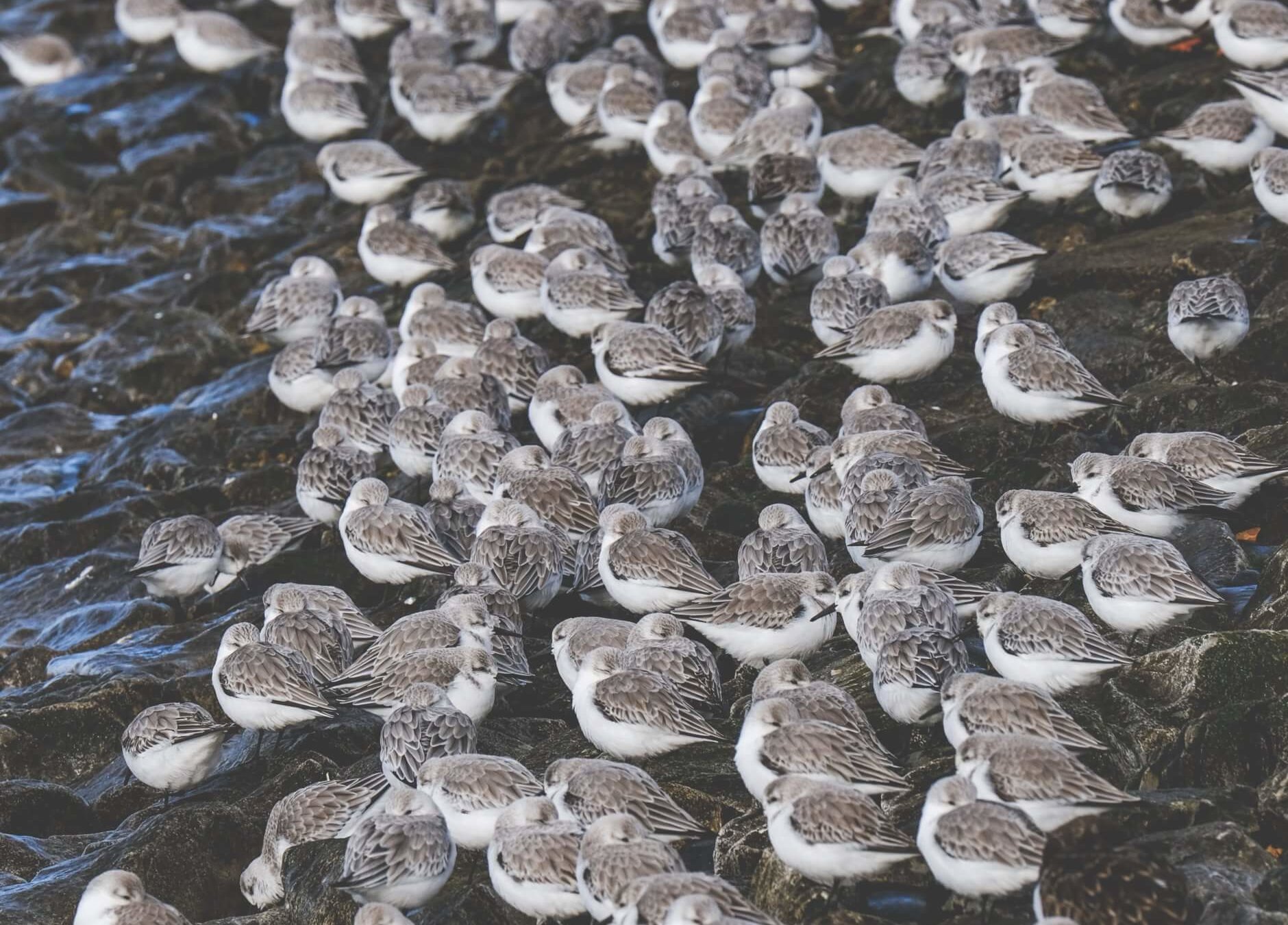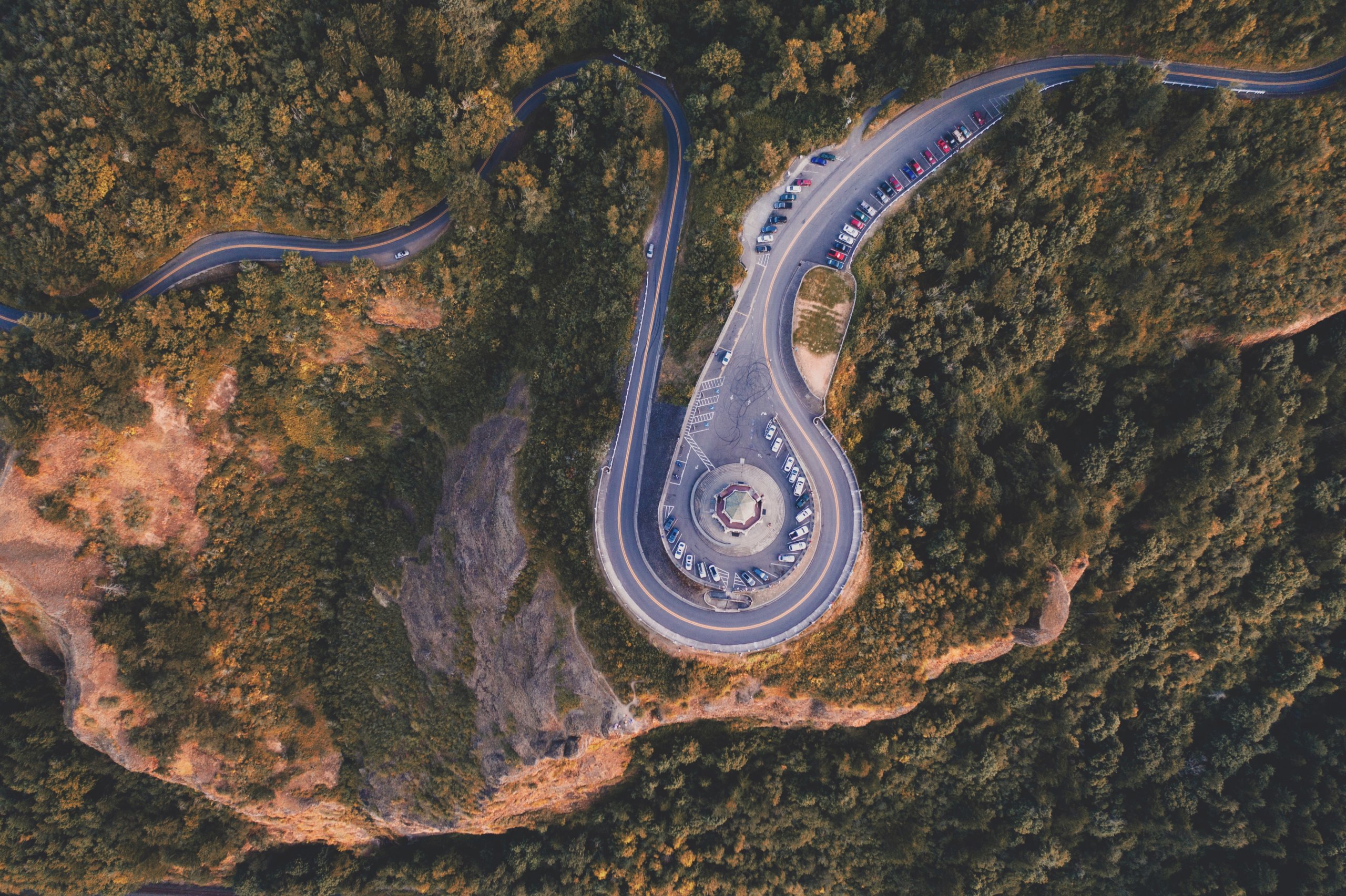Admit it. You’ve been in this situation at one time or another:
You arrive at a scientific conference focused on the minutia of your favorite scientific field or organism (e.g. fruit fly legs or microbial social dynamics) and simply cannot wait to soak in the science, hobnob with great minds, and enjoy free coffee. Suddenly, you find yourself weighted down by an enormous tote bag and a veritable tome of talk schedules and abstracts. After a few days, you are numb from racing between sessions, endless networking, and long hours wandering aimlessly among rows and rows of badly formatted posters. And when you finally arrive back home and your colleagues want to know who you’ve talked to and what you learned, you stare at them blankly and can’t seem to articulate even one or two of the coolest things you heard.
Fortunately, it doesn’t have to be this way! While none of us are completely immune to these symptoms, after many-a-stint in the land of the conference undead, here are a few ingredients (both my own and ideas I’ve collected from other scientists (in italics below)) for an anti-conference-zombie vaccine:
Arrive with a plan: Although a seemingly daunting task on top of struggling to put the finishing touches on your talk or poster, I cannot stress enough how useful it is to draft a hit list of the top sessions and people you absolutely want to see/meet. It’s even better if you can set up a handful of coffee or lunch meetings ahead of time. Another advantage of this approach is that you can compare lists with colleagues and collectively cover the most ground – this is our conference SOP here at COMPASS.
But not too much of a plan: As much as I love a good color-coded calendar, it’s essential to leave room for unexpected opportunities like following up with a speaker after a particularly inspiring talk or tagging along for lunch with newfound colleagues. Here are a few more suggestions for stepping outside your comfort zone:
- Go out to dinner with (or at least talk to) a journalist.
They generally don’t bite and it will push you to talk about your science in new ways. - Pick a session that’s not directly in your field but might be tangentially related …you’ll be amazed how much you learn. Talks in other fields are often the ones I remember the most vividly because they don’t get lost in a sea of my background knowledge.
- Don’t assume that the most famous scientists will have the most ground-breaking talks; there are so many amazing early-career researchers who also excel at communicating their work.
Be in two (or more) places at once: I prefer to stay in whole sessions, rather than bounce around, but thanks to real-time input from social media, you can still get a sense of what’s going on in the other rooms. According to one colleague: “Twitter helps me to ‘attend’ more than one talk at a time; even if I don’t pay attention to the stream, I can look at it later.”
Liquid courage: Another way scientists often cope with conference overload?
• Officially? Painstaking notes. Unofficially? Beer.
• Coffee. Lots of coffee.
Rather than specifically advocating for caffeine or alcohol consumption, the take home here is to know how to fuel yourself and keep the appropriate supplies handy. (Hint: You’ll know the vaccine is working if brains are not on your list of comfort foods.)
Take time to debrief: After the conference is over, set aside the time to reflect on the most important take-home messages and follow up with new connections from the conference. I like to start these lists while at the conference and use them to focus my next steps. Rather than getting overwhelmed, pick your top five and go from there.
Most importantly, if at some point in the conference feelings of zombie-ness creep in, take a moment to appreciate that part of your job is to travel to gatherings to catch up with old friends and share new ideas. I promise that it works every time.
Thanks to my scientist colleagues whose ideas made this post possible!


